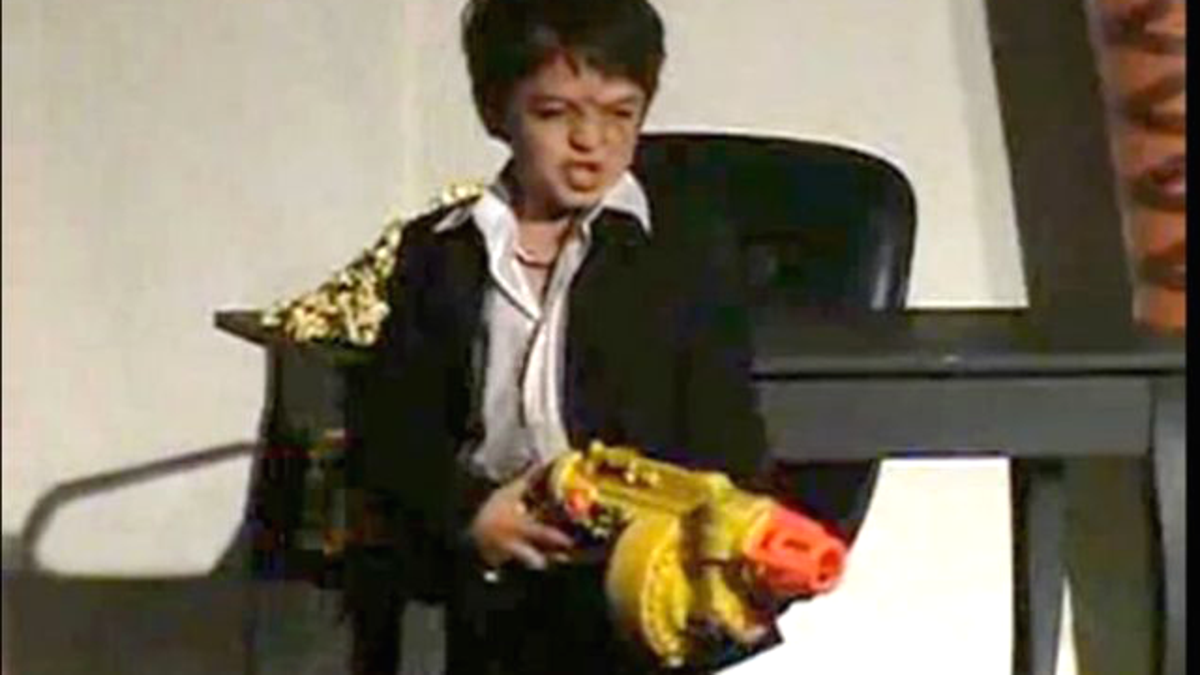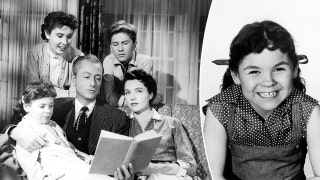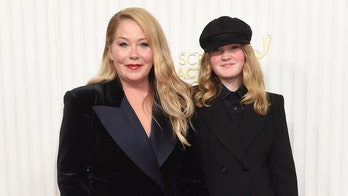
Forget beauty pageants and tween talent shows, modern stage parents have a new outlet to push their children into the fame game: the Internet.
With the ability to instantly broadcast everything from mundane childhood firsts to talented kids singing, dancing and acting, parents who seek the spotlight for their children are capitalizing on the online medium to catapult them to stardom.
Baby-faced 16-year old singer Justin Bieber has become the poster child for how YouTube can turn an ordinary kid almost overnight into somebody who inspires teen girls to faint on cue. In 2007 Bieber's mother began posting his musical performances online for family and friends who couldn't attend them in person. Former marketing manager Scooter Braun happened upon a Bieber clip on YouTube and was so struck by Bieber's talent that he flew the teenager to Atlanta to meet hip-hop star Usher in 2008.
Bieber's first single was released in fall 2009 and quickly rose to the top of the international charts, making him an instant sensation and making his story a "how-to" tale for parents looking to make their kids famous.
More and more, parents are trying to market their kids on the Web by posting videos on YouTube and Facebook. But what may seem like innocent self-promotion could actually be damaging to a child's sense of self-worth and their self-esteem.
"On one hand you could have healthy family dynamics, and putting a video online could just be an opportunity for the child to shine, but I suspect there are plenty of cases of parents chasing their 15 minutes of fame through their children," Dr. Stephan Quentzel, psychiatrist and medical director for the Louis Armstrong Center for Music and Medicine at Beth Israel Medical Center in New York, told Fox411. "Putting the kids in the public eye sets them up to fail, since so many of these attempts at fame will go nowhere. The vicarious pursuit of 15 minutes of fame puts a lot of undue pressure on the child."
In 2009, the Heene family became famous for their "Balloon boy" hoax when they said their son had been trapped in a homemade balloon speeding across the Colorado sky, only to admit later that they were trying to get attention for a reality show. In the ensuing coverage, it turned out they had also filmed their three young sons singing a violent rap song called "Pussification" and posted the video on YouTube in order to garner the same kind of attention for themselves.
This week, a YouTube reenactment of Tony Montana's "Scarface" death scene was all the rage online, not because the acting was comparable to Al Pacino's, but because the violent, expletive-filled scene was performed by kids between 7 and 10 years old. The short film was staged by pop music video director Marc Klasfeld, who had the children's parents' permission to include them in the cocaine-fueled mass murder scene.
"If putting your kids in this video is part of a parenting philosophy that promotes fame as an important goal, it is setting kids up to be narcissistic, to have unrealistic expectations, and an inflated sense of self," worries Jean Twenge, author of "The Narcissism Epidemic: Living in the Age of Entitlement." Not to mention the concern that these kids are mimicking a movie that they aren't even old enough to watch in a movie theater.
While the "Scarface" parody was produced by a pro, candid videos of kids can get just as much -- if not more -- attention than scripted clips. And once they go viral, they can also serve as a launching pad to make children, and by association their parents, famous.
In May 2008, David DeVore took his son, also named David, to the dentist. He used his new flip cam to tape the session, so he could show his wife how groggy their son was after the appointment. DeVore posted the video on YouTube to share with friends and family in 2009. Within a few days the video had gotten more than 3 million hits. The family was invited on the "Today Show," the "Tyra Banks" show and "The O'Reilly Factor." To date, more than 53 million people have viewed the video.
"We are hoping to be able to totally pay for David's college," DeVore told Fox411. And David, now 9 years old, seems very comfortable with the Internet celebrity he has achieved.
"He thinks its very cool. He doesn't let it go to his head at all. He's just one of the kids at school. He likes doing the interviews and trips, but is ready to get to a normal life when we get back. He is an honor roll student and loves sports," DeVore said.
DeVore has a Web site on which he sells "David After the Dentist" merchandise and can be contacted for speaking engagements, like the one he recently did at the SXSW Festival in Austin, Texas. The DeVores also accept advertising on their YouTube clip, and the elder DeVore estimates that the family has made in the low six figures from the video.
But some parents who make their living online question the fuzzy line between showing off cute things their kids do and exploiting them. Christine Coppa, who writes about her experiences as a single parent for Glamour magazine's Storked blog, says she grapples every day with what photos she should and shouldn't post of her 2-year-old son.
"I know that the Internet can be a very scary and strange place sometimes," Coppa told Fox411. "I am very careful about the photos I post of my 2-year-old son. I've seen videos and photos of naked toddlers going potty for the first time. Yes, it's a super-exciting moment and it should be photographed, but not posted on the Internet."













































